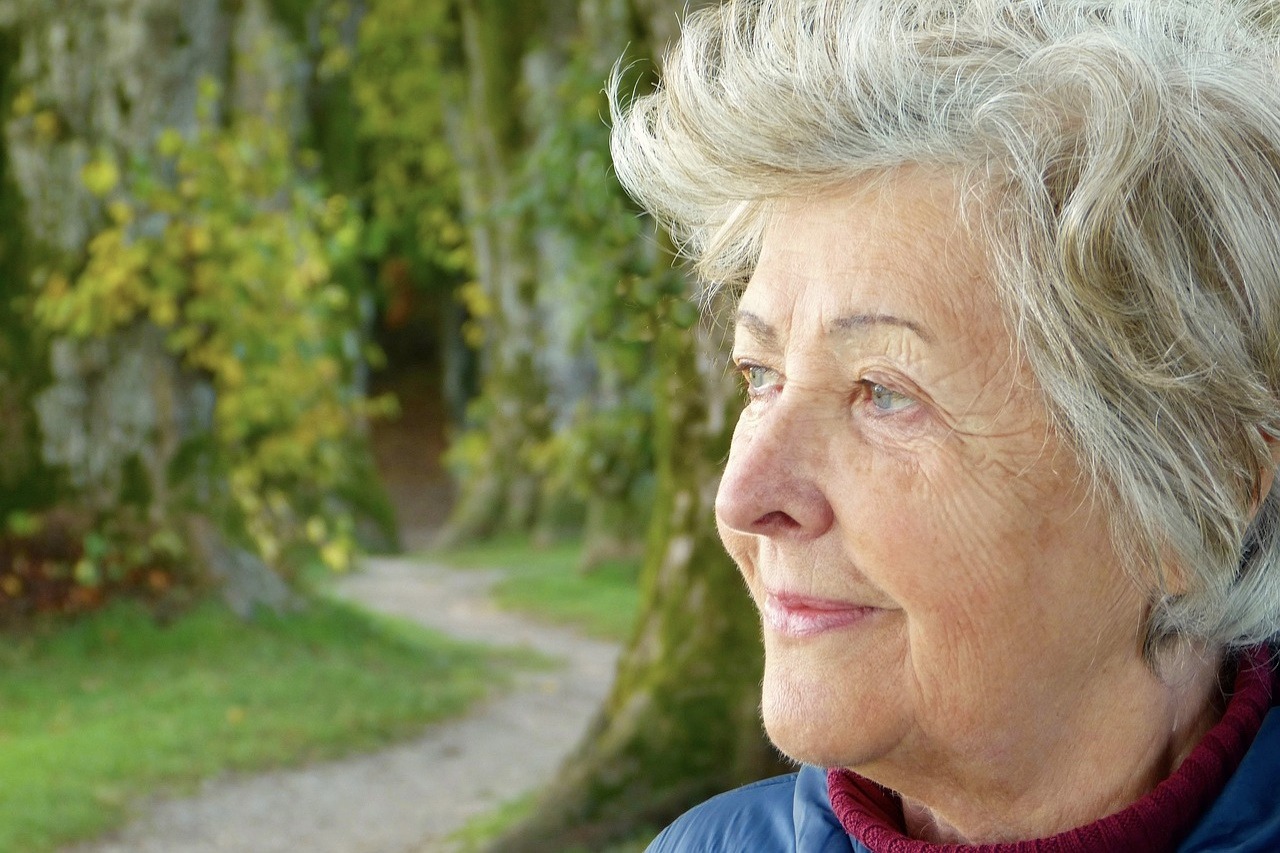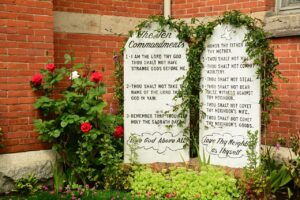Isaiah 55: 6-9 (RM) or Jonah 3:10 –4:11 (RCL); Psalm 145 Philippians 1: 20-24, 27 (RM) or 21-30 (RCL); Matthew 20: 1-16.
The First Reading for this Sunday, in the Roman Missal, is one of my lifelong favourites. But not in the version you may be hearing this weekend.
“Cherchez la Sagesse…” (it was in French.):
“Seek Wisdom, while she may be found. Call her, while she is near… For my thoughts are not your thoughts, nor are your ways my ways, says Wisdom. As high as the heavens are above the earth, so are my ways higher than your ways, and my thoughts than your thoughts.”
I was amazed when I ran across this alternate translation of Isaiah 55: 6-9 over thirty years ago – for two reasons.
First, this very simply formulated idea echoes a seldom-recognized truth: our human reason does not help us figure God out, no matter how hard we work at it. This is true enough when we use the traditional title “Lord” for God. But the underlying truth shifts like a tectonic plate when the one speaking is Wisdom:
“For my ways are not your ways, dit la Sagesse, nor are my thoughts your thoughts.”
This is radically different from the top-down, almost threatening effect when “the Lord” proclaims His, yes His, divine absolute transcendence. The inscrutability of the Holy One is not a form of domination here, nor is it something to be feared, even when we struggle to make sense of some tragedy or misfortune in our lives or others’ lives. (“Really! What was God thinking? Would a loving God do this?? Does a loving God even exist?!”)
We’re safer and more cherished than we may think, even in the midst of fear and pain. Wisdom is a quality of insight, a perception that unfolds herself to us as we seek it. Wisdom is not an achievement, but a gift. Wisdom is not an abstraction, but something living, growing, evolving. Wisdom supports our footsteps when we wade into the deep. Wisdom has no selfish power motive. Wisdom can be trusted.
The second reason I was amazed had to do with where I discovered this passage: by chance, in a tiny Eucharistic chapel above the massive church belonging to the women’s monastery of Maredret, sister monastery to the famous abbey of Maredsous, built in the 19th century in the Ardennes Maredsous region of southern Belgium near the French border. The Bible was in French. And la Sagesse, “Wisdom” in French, is grammatically feminine.
So, just to pose the question, what does it suggest when this passage is paired with our Gospel for today? The story looks at first glance like unfair labour practices, though interestingly, the early workers don’t complain about their own wages – they gripe that the last ones hired got the same amount. The underlying historical issue in this story may have had more to do with whether last-minute conversions to the Christian faith meant the person gets the same reward after death. (In the RCL the First Reading shows us the prophet Jonah whining and fussing because God had the audacity not to punish those evil Ninevites. I’m not sure I want to think too long about what that’s supposed to mean.)
Somewhere in my heart, it feels like we’re missing the point of Isaiah 55: 6-9. Not to say missing the richness, the beauty, the depth and the strength.
I often made a weekend retreat at Maredret during the ten years I lived in Belgium. The community of moniales, women monks, in full habit, sang the complete Liturgy of the Hours at intervals from early morning until 9 at night, worked their farm, designed and sold ceramics, and lived very simple lives. In the Benedictine tradition they welcomed guests, and looked the other way when a guest could not afford to pay the full amount for bed and board.
So how did this jaw-droppingly radical version of Isaiah 55:6-9 end up in their upstairs meditation chapel? Darned if I know. But the healing and comforting image of God, the transcendent, as Wisdom, the immanent, has never left me.
© Susan K. Roll
This Reflection is revised from the Reflection of September 20, 2020.
Susan Roll retired from the Faculty of Theology at Saint Paul University, Ottawa, in 2018, where she served as Director of the Sophia Research Centre. Her research and publications are centred in the fields of liturgy, sacraments, and feminist theology. She holds a Ph.D. from the Catholic University of Leuven (Louvain), Belgium, and has been involved with international academic societies in liturgy and theology, as well as university chaplaincy, Indigenous ministry and church reform projects.





Susan, I find your reflection so comforting and encouraging! “We’re safer and more cherished than we may think, even in the midst of fear and pain” and “Wisdom supports our footsteps when we wade into the deep.”
I’m also grateful for your mention of the monasteries in that part of Belgium as I’m reminded of a day spent with our parish women’s group at Maredsous over 30 years ago. I wish I had known about Maredret.